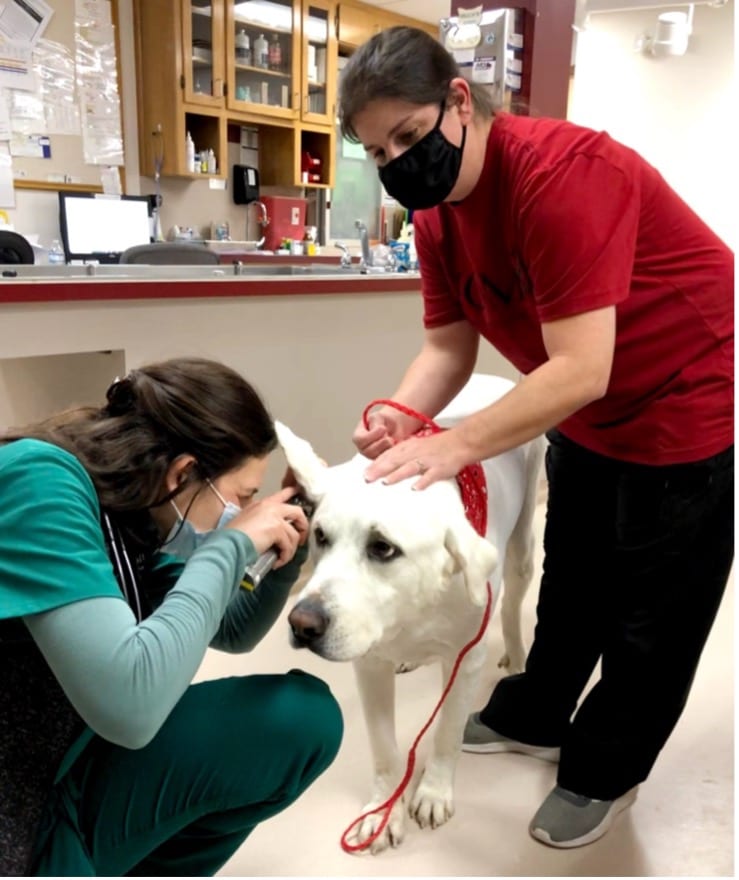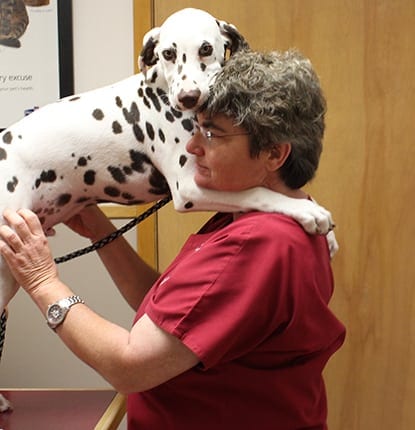
Dog and Cat Allergy Treatments in Belton
Just because our pets are covered in fur doesn't mean their skin is safe from problems. Pet's skin is susceptible to irritations and infections just like ours. Additionally, it's the body part most impacted by allergies and parasites for cats and dogs.
At Belton Small Animal Clinic, we understand the challenges your pets face with their skin, and are proud to offer a wide range of pet dermatology services to address these issues.
Skin Allergies in Dogs and Cats
Dogs and cats can suffer from allergies much like humans. However, instead of developing respiratory symptoms like us, pets often develop skin issues. Dogs and cats experiencing allergies, or allergic dermatitis, will often develop rashes or inflamed skin which causes extreme itching. In attempts to relieve this itching, pets may scratch excessively, causing a myriad of other problems including loss of fur and lacerations which can then get infected.
While allergic dermatitis is most often caused by fleas, other common allergens for cats and dogs include dust mites, pollen, mold, household chemicals, wild grasses, and certain food ingredients. If your pet is incessantly scratching or sneezing, bring them in so we can diagnose and treat their problem.
Skin Infections
In addition to allergies, cats and dogs can suffer from a number of skin-specific infections and diseases. Some of these diseases can develop as a result of allergic scratching, while others simply create similar symptoms. Mites can cause bacterial infections in the ears or Mange, which is highly contagious to dogs and humans.
Additionally, fungal infections like ringworm are common in shelter pets. These diseases can cause extreme itching and loss of hair. Like mange, ringworm is also transmittable to humans. If your dog is showing signs of hair loss, dandruff, or skin that is red, irritated, or scaled contact us immediately to prevent the spread of the infection.
Pet Dermatology Services
In order to diagnose your pet's condition, we can use one of the following methods:
- Skin scraping
- Cytology
- Allergy testing
- Wood's lamp testing for ringworm
- DTM
- Skin biopsy
Some of the treatment options we offer for pet dermatological conditions include:
- Medicated baths
- Topical treatments
- Specialized dietary plans (for allergies)
- Antibiotics (for infections)


